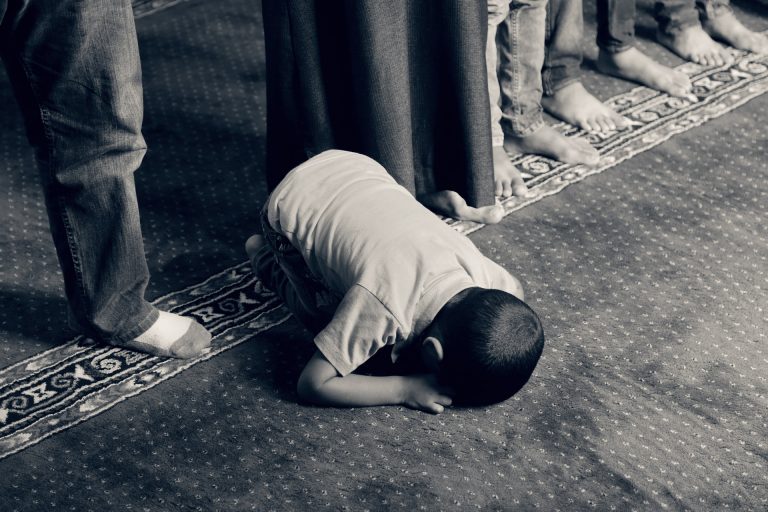
After the Easter terrorist massacres in April 2019, which killed over 250 innocent people in Sri Lanka, silence has returned on the Asian country. The violence, however, has not stopped. This time it is the Muslim minority that is under attack.
In fact, it is 10% of the population – and it is losing its rights. Muslims in Sri Lanka are experiencing an increase in violations of their fundamental rights by the authorities and assaults by Buddhist nationalists. This is what Human Rights Watch denounces.
Let us find out why.
Sri Lanka and Religion: Buddhist Extremism against Muslim Minority
The most radical group is the Bodu Bala Sena (Bbs) – literally “Buddhist power force”. It is a Sinhalese radical organization that over the years has attacked several times the Muslim community in the country. For many experts this group is very similar to the Burmese 969. They are responsible of the violence against the Rohingya ethnic group in Bangladesh – the most persecuted minority in the world.
The Bbs, led by monk Galagoda Aththe Gnanasara Thero, was born to defend Buddhist beliefs against the minority Muslim population. Their influence should not be underestimated, since they have contacts with the high spheres of power. In addition, this group makes very strong propaganda, even using false information. Just think that on 15 May last, the leader of the Bbs called for the stoning to death of Muslims. Why? According to him, Muslim-owned restaurants put “sterilization medicines” in their food, so as to lower the Buddhist birth rate.
UN Warning for Freedom of Religion in Sri Lanka
The increase in ethnic and religious tensions in Sri Lanka requires urgent action by the authorities to strengthen respect for freedom of religion or belief in the country. This is what Ahmed Shaheed, the UN Special Rapporteur on freedom of religion, said. After participating in a mission to Sri Lanka, in fact, he was able to see what the situation was really like. On the one hand, the government managed to bring the situation more or less under control after the explosions. On the other hand, however, many religious communities remain concerned about their safety because of the incitement to hatred and violence by some extremists.
The government must take action against hate propaganda against the Muslim community, since it is spreading through unregulated media and is inciting ethno-religious tensions. Failure by the state to intervene to address incitement to hatred and violence will allow extremism to escalate and pose serious challenges to peace-building. It is important to understand that this tension is no sporadic episode. In fact, the underlying hostility existed long before the Easter attacks and the subsequent violence that the country is experiencing.




